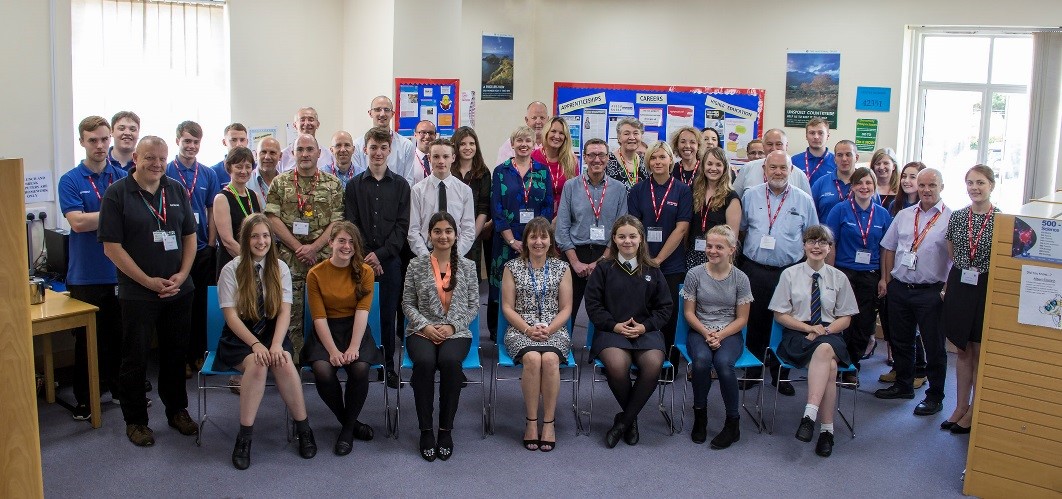More in this Section
Why We Do It?
Our students tell us that they value information when it comes direct from people from the world of work. Some of the mutual benefits and outcomes for employers and students are listed below.
Benefits for Employers
| Benefits for Employers | Employer Outcomes |
|---|---|
| Personal contribution. |
|
| Recruitment and retention – recruiting and retaining the right staff for the business, assisting in keeping recruitment costs low. |
|
| Training – developing and motivating existing staff and enabling them to expand. |
|
| Corporate Social Responsibility (CSR) – addressing CSR objectives and enhancing the organisations reputation. |
|
| Innovation and business growth – generating ideas for new products and services. |
|
| Facilities and resources – increasing access to facilities and resources not otherwise available. |
|
| Creating a healthier, wealthier society – contributing to the general wellbeing of society and the economy. |
|
| Knowledge – increasing knowledge and understanding. |
|
Benefits for Young People
| Benefits to Young People | Student Outcomes |
|---|---|
|
Motivation to learn – getting a real sense of why learning is important. |
|
| Improved levels of achievement – better results and outcomes. |
|
| Enhanced knowledge and understanding – generates a thirst for knowledge |
|
| Better materials and resources – greater opportunity and range |
|
At UVHS we welcome and value links with a range of business sectors. If you would like further information on how you could support our students, please contact Mrs Adams in school on 01229 483900 Ext 6229 or email jad@uvhs.uk

